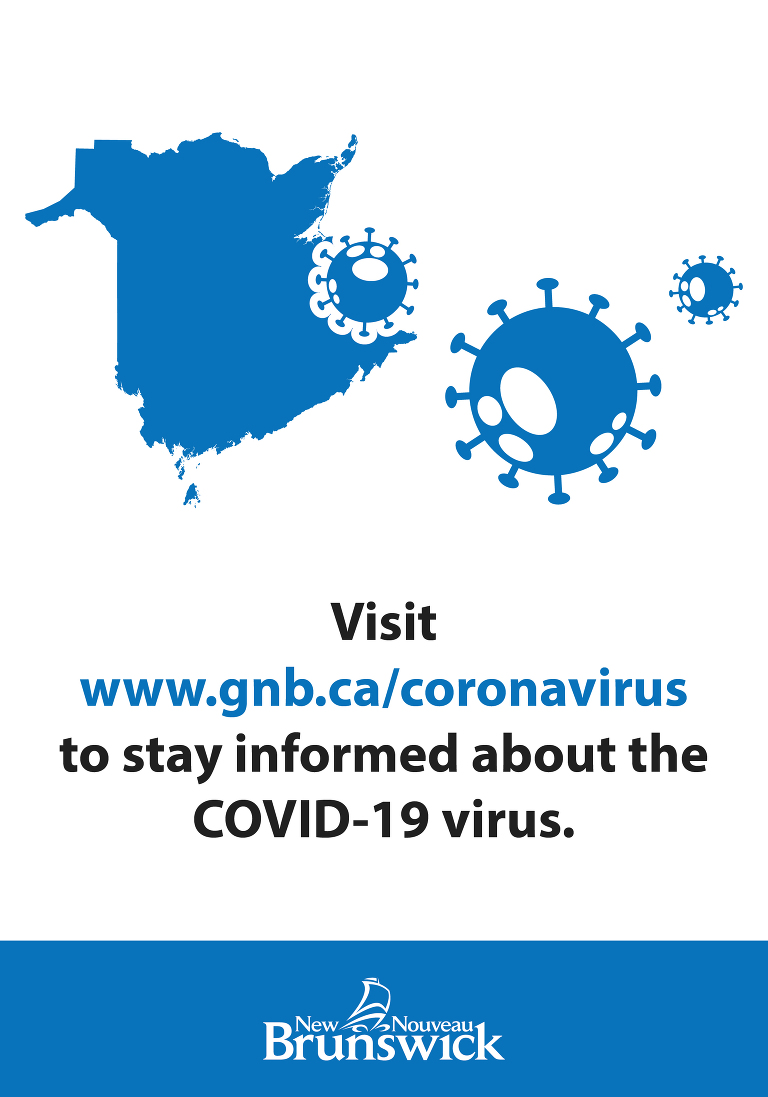.png)
This post is presented by Hometown Veterinary Hospital
Everyone knows the rule “do not clean the litter box if you are pregnant”, but do you really know the reason why? What is the risk to me? What is the risk to baby? How seriously do I take this old wives tale?
Toxoplasmosis is a protozoal parasite whose main host is the cat (wild or domesticated), meaning this is the only species it can replicate in. Humans have the potential to be an intermediate host for the parasite, along with most other warm blooded species. Cats will shed an unsporulated (non-infectious) form into the environment which will change into a sporulated (infectious) form anywhere from 1-5 days. Sporulated forms can remain infectious in the environment for months to years. Initially, cats generally only shed the transmissible form of the parasite, which is then followed by the inoculation period which may last anywhere from days to a couple of weeks (a very small portion of their lives). Contact with fresh feces (less than one day old) from a cat is unlikely to result in infection and it is also unlikely to pick up toxoplasmosis by touching or petting a cat. It is not recommended to test a healthy cat for toxoplasmosis as there is no test to accurately predict shedding of the infective form.
Although possible, the litter box is in fact one of the least common ways to be exposed to the parasite. Most common sources of infections include touching or consuming undercooked meats, unwashed vegetables, and contaminated soil.
People who are at the greatest risk of infection include pregnant women, children, and people with compromised immune systems, as well as people in certain professions including the veterinary field, butchers, cooks, and gardeners.
The risk of transmitting the disease to the foetus is higher for women who contract it during the first trimester of their pregnancy. This may potentially cause ocular disease and neurological development issues, stillborn, and rarely, spontaneous abortion.
There are a few very simple measures you can take to help reduce your risk of ever contracting Toxoplasmosis:
- Be sure to always wash your hands well after touching the litter box.
- Clean the litter box daily.
- Washing all vegetables thoroughly.
- Cook meat fully before consuming.
- Clean food preparation areas thoroughly to reduce contamination risk.
- Wear gloves while gardening.
- Cover children’s sand boxes when not in use.
- Practice good hygiene and hand washing.
- In general, if pregnant, avoid the litter box just to be safe!
If you are concerned about your risk of being previously exposed to toxoplasmosis, or becoming exposed during pregnancy, please discuss this with your family doctor or OBGYN.
Dr. Chelsie
Hometown Veterinary Hospital | info@hometownvet.ca | 506-450-HOME (4663)
1265 Hanwell Road, Fredericton, NB
Meet Dr. Chelsie and Dr. Bill
 Dr. Chelsie Armstrong grew up in Chipman, NB. She graduated from UNB in 2008 with a Bachelor of Science Degree in Biology. During her time at UNB, she studied abroad in Melbourne, Australia in the field of Wildlife Biology and Conservation. Dr. Armstrong attended veterinary school at St. Matthew’s University, School of Veterinary Medicine in the Cayman Islands. She completed her clinical year of study at the Atlantic Veterinary College in PEI and graduated in 2012. At AVC is where she met her husband, Dr. William Huttges. They lived and worked in Halifax, NS for the first couple years out of veterinary school, and then returned home to NB and began to start their dream of Hometown Veterinary Hospital. Hometown vet opened its doors in July of 2015 and a second location in Chipman opened in December 2015. Dr. Chelsie and Dr. Bill welcomed their first child into the world, a little guy named Anders David on January 5th, 2017. Dr. Chelsie is now balancing new mom life with being a busy vet!
Dr. Chelsie Armstrong grew up in Chipman, NB. She graduated from UNB in 2008 with a Bachelor of Science Degree in Biology. During her time at UNB, she studied abroad in Melbourne, Australia in the field of Wildlife Biology and Conservation. Dr. Armstrong attended veterinary school at St. Matthew’s University, School of Veterinary Medicine in the Cayman Islands. She completed her clinical year of study at the Atlantic Veterinary College in PEI and graduated in 2012. At AVC is where she met her husband, Dr. William Huttges. They lived and worked in Halifax, NS for the first couple years out of veterinary school, and then returned home to NB and began to start their dream of Hometown Veterinary Hospital. Hometown vet opened its doors in July of 2015 and a second location in Chipman opened in December 2015. Dr. Chelsie and Dr. Bill welcomed their first child into the world, a little guy named Anders David on January 5th, 2017. Dr. Chelsie is now balancing new mom life with being a busy vet!



















